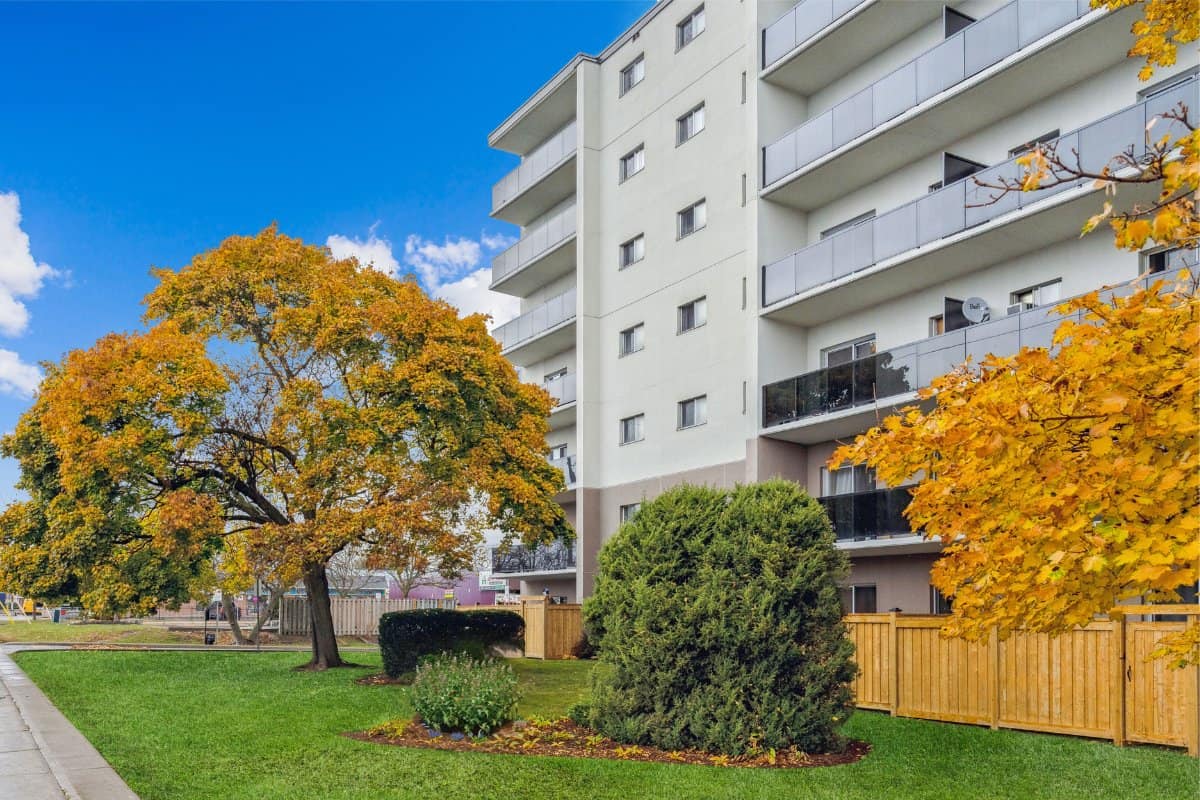Here’s how much you have to make to rent a home in St. Catharines
Published October 17, 2024 at 11:57 am

While the cost of living has risen significantly across Canada, some major municipalities are more affordable than others–but none are affordable for single-income residents who make minimum wage.
A recent report by real estate brokerage and website Zoocasa broke down how much residents across Canada would have to make to comfortably afford one- and two-bedroom apartments in their towns and cities.
Using the Canadian Mortgage and Housing Corporation’s recommendation that no more than 32 per cent of a person’s income go towards shelter costs, the report found that securing an affordable rental is an impossible feat for many earners and that many are paying significantly more than the recommended amount.
“Rent prices have soared well beyond this threshold in numerous cities nationwide, putting immense financial strain on millions,” the report reads.
According to the report, the average rent for a one-bedroom apartment in St. Catharines is $1,690–much lower than the Toronto average of $2,500. That said, to comfortably afford an apartment, a tenant would have to earn at least $32.50 an hour or $63,375 a year.

In Ontario, the minimum wage currently sits at $17.20 an hour–far below what’s needed to comfortably afford a smaller unit.
Regarding two-bedroom units, a St. Catharines resident would need to earn $36.54 an hour ($71,250 a year) to comfortably afford a unit priced at $1,900 a month.
The report suggests renting is easier for couples. If two people earn minimum wage in St. Catharines, they can comfortably afford to spend $1,721 on rent–more than is needed for a one-bedroom unit. That said, a two-bedroom would be tougher, leaving them spending $179 more than is recommended.
The report says that while the disparity isn’t surprising in major cities such as Toronto and Vancouver, the reality is stark across the country.
In Edmonton, where the minimum wage is $15 per hour, a full-time worker should spend no more than $780 monthly on rent–an impossibility with a one-bedroom unit averaging about $1,360 a month. Calgary, a more affordable big city than its counterparts in B.C. and Ontario, is also tougher for tenants. The report says that following the 32 per cent rule would mean a worker making minimum wage would not have enough money to afford a $ 1,780-a-month apartment.
Ultimately, the report says that minimum wage is not enough for most Canadians to rent a home that costs no more than 32 per cent of their income.
“Across Canada, the gap between minimum wage and rent costs is undeniable, as rent far exceeds what minimum-wage earners can reasonably afford. Even in more affordable markets, the gap between wages and rental costs remains significant, pushing many Canadians into housing insecurity or sacrificing other essential expenses just to keep a roof over their heads,” the report reads.
“To address this growing housing affordability crisis, policymakers must consider increasing the minimum wage to align with the cost of living, implementing stricter rent controls, or investing in more affordable housing options. Without such interventions, millions of Canadians will continue to face the complicated reality of being unable to afford safe and secure housing.”
inNiagaraRegion's Editorial Standards and Policies




